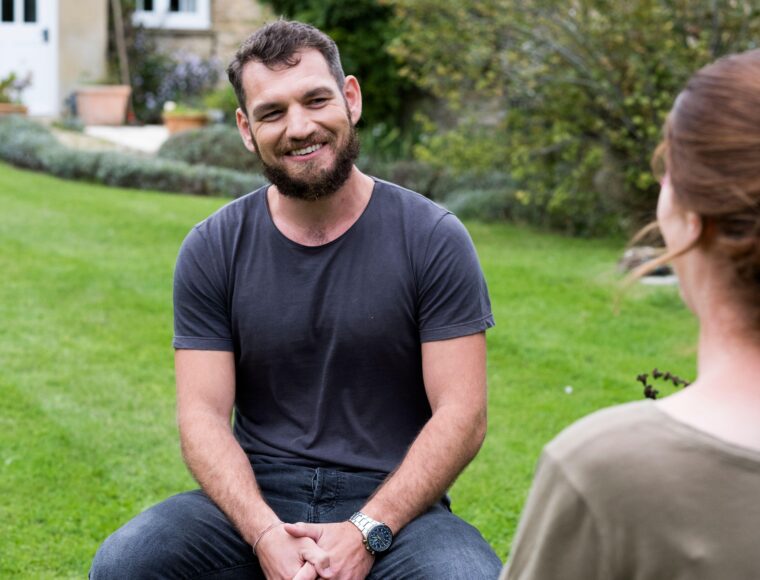Domestic Abuse Case Study – Anna’s story
Our CATE service is funded by Bedfordshire’s Police and Crime Commissioner’s Grant Fund. It is a specialist outreach service, working in partnership as part of the Conditional Caution Pathway. Its purpose is to help bridge the gap in providing much-needed access to existing provisions to enable engagement for a complex and extremely hard-to-reach group of vulnerable women and ensure they remain engaged. Below is an account from one of the CATE outreach workers.
‘I supported Anna with health and mobility issues. She had previously fled from her estranged husband and son, whom she had informed the police had financially, emotionally, and physically abused her. She was moved to a safe place where she met someone new. He moved her to Luton, to a privately rented flat.
The flat was unsuitable for her needs, and she was referred to project CATE through an Independent Domestic Violence Advocate (IDVA). I had supported her with a housing application and needed her bank statements to help with this. I kept asking her for these she said that her ‘partner’ had them. He was controlling her money; she never seemed to have money. I spoke with her asking her where her money was going. She only said he takes it. I asked her if she had permitted him. She said she didn’t have a choice. I asked if she would like to report it. She always said no, frightened of what he would do to her.
The preparator was living at her flat, although he had his own place. An incident had taken place there. The Police raided her home in the early morning hours, and they sprayed my client with CS gas. The preparator was arrested. Sadly, my client was put out of the house onto the street on her mobility scooter. She wasn’t allowed back there until the police conducted a forensic examination. CATE placed her in a hotel for the night, and she was allowed back into her flat the next day.
My client was also working with Victim Support and the IDVA service. We had raised a safeguarding concern, and during our meeting, we decided to use Clare’s Law with my client to disclose how dangerous this preparator was.
We all sat down with her and disclosed his background through Clare’s Law. Anna was in shock. She started crying and said she could not return to her flat. She was frightened. We offered to support her in fleeing from Luton for her safety, and she accepted. I drove her to a safe place. She stayed for a few days in a hotel, and a homeless referral was made on her behalf.
In the meantime, she had gotten back in contact with a family member. He offered for her to come and live with them. She advised me that she would go and live with them rather than live alone. She said she would feel safer.
I supported Anna in moving there with all her belongings, carried out a change of circumstances with the benefits agency, and made referrals to MARAC, IDVA and Victims Support so she would continue receiving support.
Anna is now safe and very happy away from harm.’ Services such as those provided by the CATE project are much needed. We hope that funding will be provided to continue this vital work.





